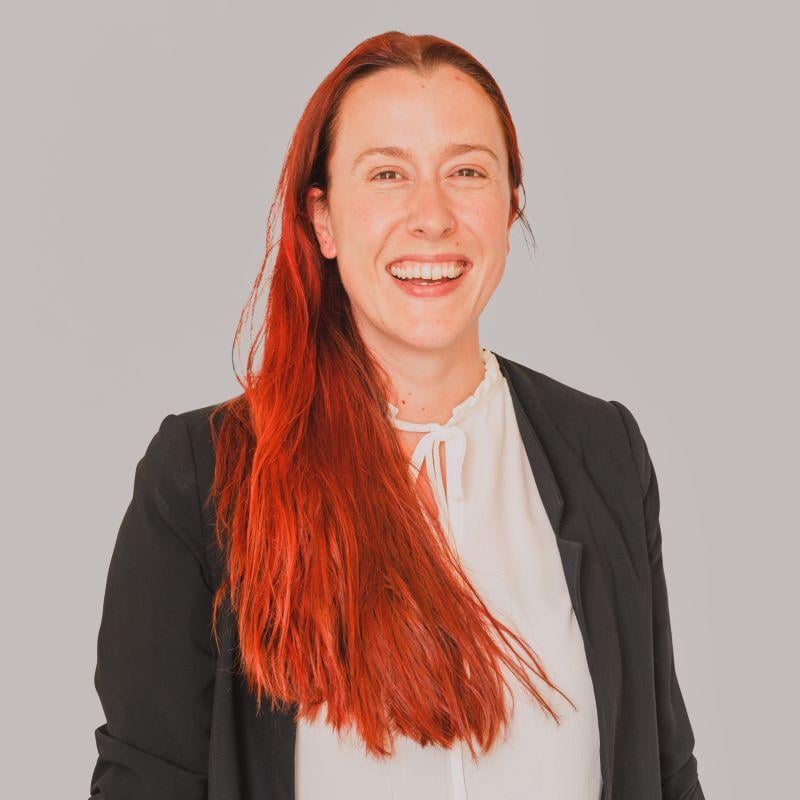Sounding Board: Five Minutes With Heather Gordon, Martyn Fiddler Aviation Legal Director

Credit: Martyn Fiddler Aviation
Heather Gordon jokes that she’s looked down on by the rest of her aviation-focused family because she pursued a career in law. Still, her work—after some time spent in the space-law field—is firmly rooted in the business-aviation sector. She moved to the Isle of Man in 2007 and in 2013 joined...
Subscription Required
This content requires a subscription to one of the Aviation Week Intelligence Network (AWIN) bundles.
Schedule a demo today to find out how you can access this content and similar content related to your area of the global aviation industry.
Already an AWIN subscriber? Login
Did you know? Aviation Week has won top honors multiple times in the Jesse H. Neal National Business Journalism Awards, the business-to-business media equivalent of the Pulitzer Prizes.





